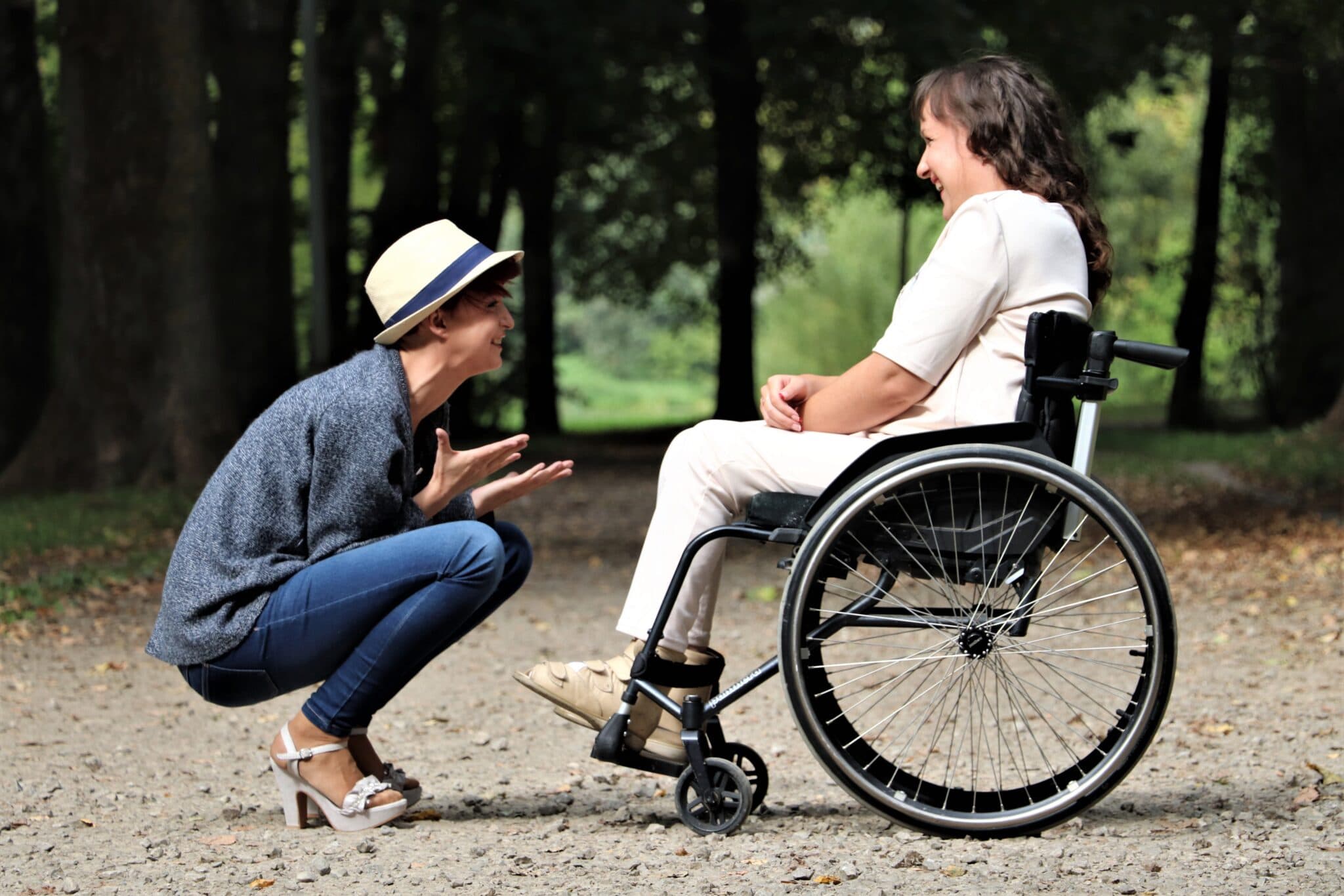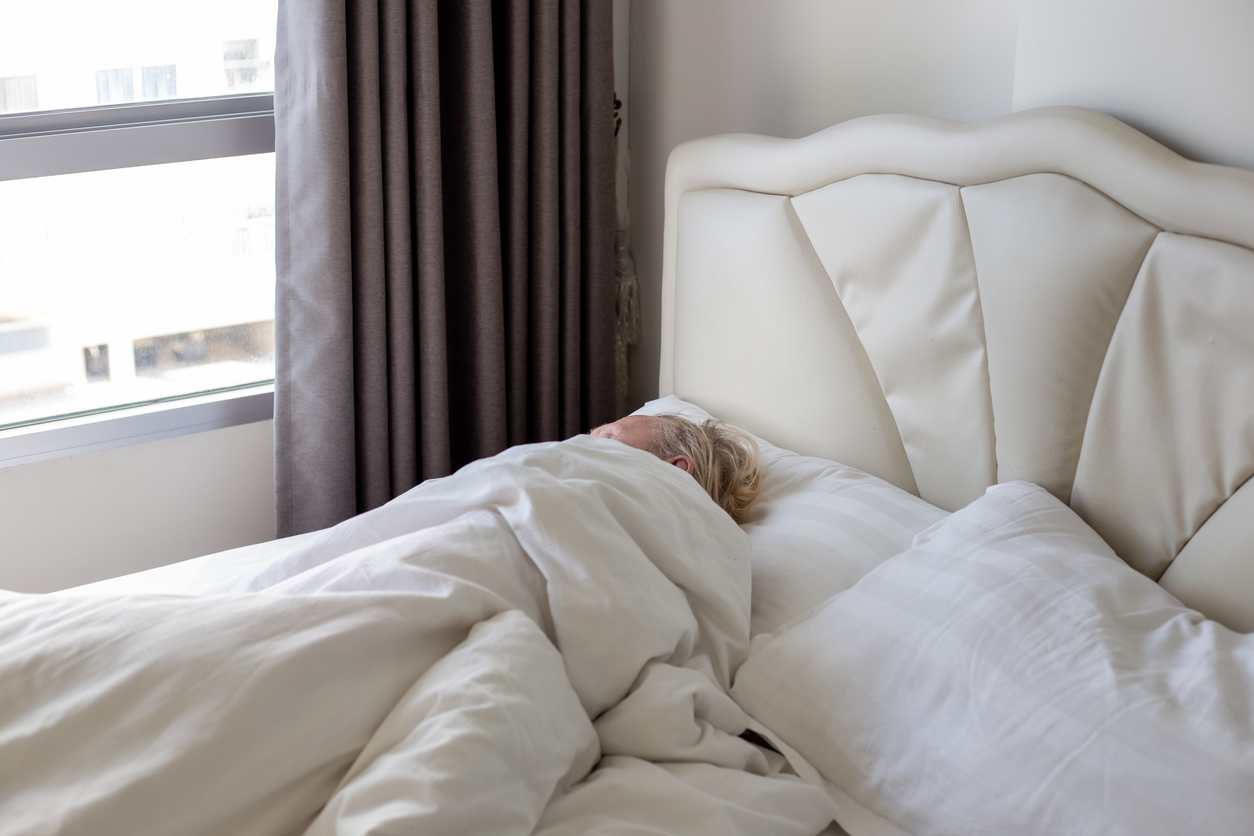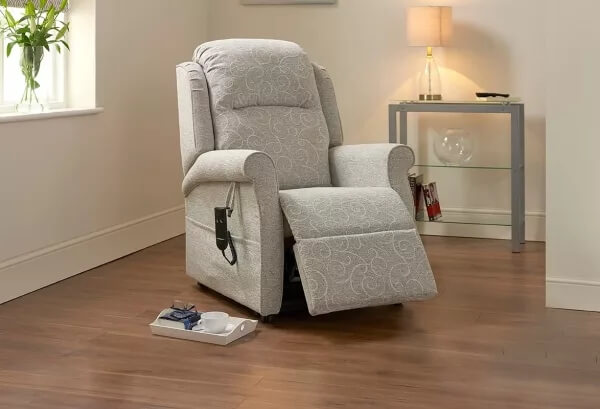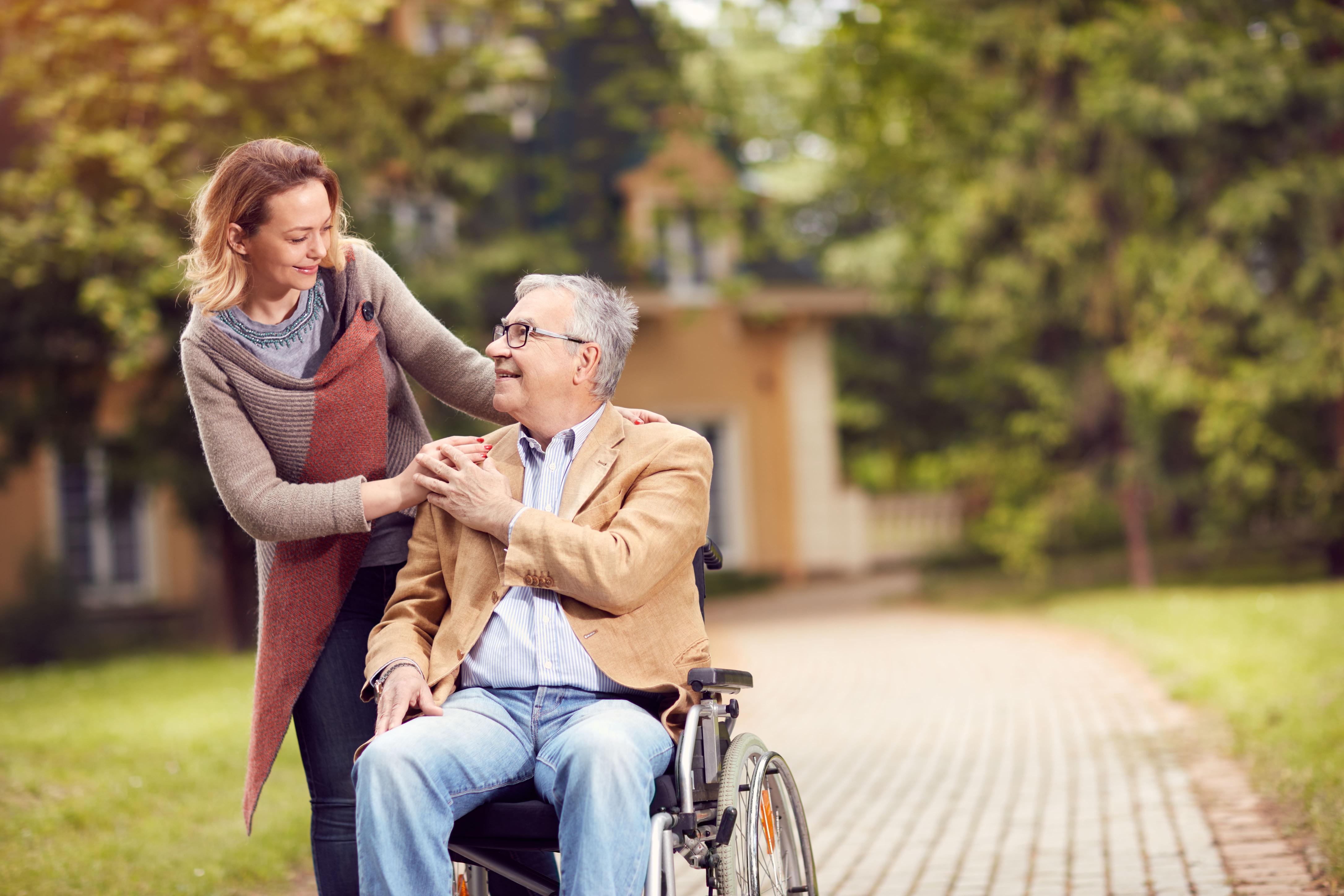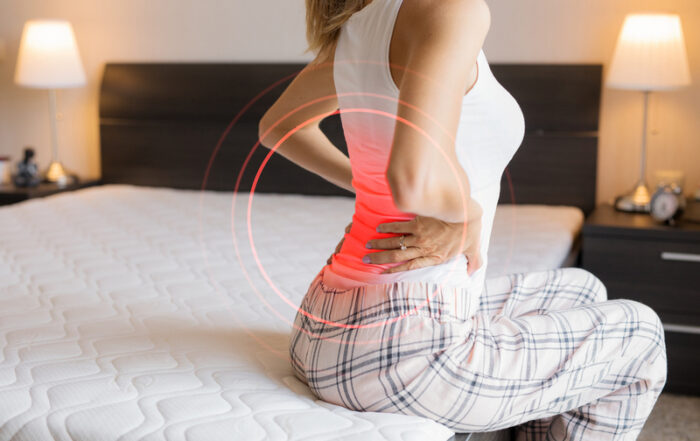Causes of Sudden Mobility Loss
Social Links
Sudden loss of mobility is a terrible thing to have to experience. Whatever the reason for reduced mobility, even if you’ve been forewarned about it, you’re never really prepared for the reality of it. However, mobility loss doesn’t need to signal a loss of independence.
- What can cause a sudden loss in mobility?
- Looking after someone with lost mobility
- Where to go?
- Products that can help with Mobility Loss
What can cause a sudden loss in mobility?
Causes of lost mobility can vary from what you’d expect, such as older age all the way to sudden changes in personal health. If you are concerned about mobility loss in either yourself or a loved one, there are some key components you need to be on the lookout for.
Older age
It seems self-explanatory, but many people tend to be in a state of denial about their reducing mobility as they age. As a result of this people often push themselves too far and will inevitably end up causing more harm than good to their body. If nothing else, a person has to listen to their body and acknowledge when they need to rest or even potentially need an aid to help with mobility.
Bone and cartilage issues
A very common ailment that afflicts many people in later life, osteoarthritis is a condition where the softer cartilage between bones breaks down. The result of this is that joints rub and grind on one another, causing a great deal of pain and making walking or getting into recliner chairs a strenuous activity.
Osteoporosis is another disease afflicting the skeleton (hence the prefix osteo-, the Latin for ‘bones’). This condition causes bones to become less dense, making them weaker, and in turn more brittle and susceptible to breaking during physical activity.
Rheumatoid arthritis is another of the major skeletal conditions that older people are more likely to develop. With rheumatoid arthritis, bones are unaffected but the fluid in between joints swells. The limited flexibility, aches and pains, and increased level of exertion all of these (and many other) conditions cause can make using traditional furniture time-consuming and uncomfortable. Chairs for poor mobility with raised seat heights can be a great boon for people suffering from these mobility issues.
Reduced physical activity
This may seem like it’s counterintuitive considering that it’s not good to overstretch yourself if you’re ill or getting older. However, people tend to think that if they mustn’t overexert themselves then they must give up physical activity altogether. This simply isn’t the case. There can’t be a tipping of the scales in either direction of overexertion or inactivity. This is one of the best ways to ensure steady mobility for longer.
Sudden illness
There are a variety of conditions and illnesses that can cause mobility issues, whether someone is affected from birth or later in life.
For example, Parkinson’s syndrome is a neurodegenerative condition that can cause tremors, reduced physical endurance, and makes walking a very strenuous exercise. People with Parkinson’s can greatly benefit from seating and home furniture that limits how much they have to move when sitting down or standing up.
Multiple sclerosis (commonly shortened to MS) is another disease that results in a number of mobility issues including a loss of balance, reduction in fine motor control, vision problems and so on. MS also typically develops between the ages of 20 and 50, meaning that a wide range of people can be potentially affected.
Other conditions that can result in serious mobility issues include; muscular dystrophy, COPD, cerebral palsy, and cystic fibrosis amongst many others.
Of course, you can’t always see symptoms of an impending illness, and medical treatment might also be a factor in someone’s inability to move. However, looking after your body by not indulging in drinking too much, or smoking or eating unhealthily will definitely increase a person’s chances of not being struck with a sudden illness.
Major Injuries
Major injuries, especially to the spine and neck, can result in long-term mobility issues including slipped discs, spinal cord injuries, or shattered bones that require reconstruction. Many of these injuries can be helped over time with physiotherapy and other treatments.
Looking after someone with lost mobility
Aside from looking after a person’s mental wellbeing once they have lost their mobility, their comfort must be considered. It may seem trivial but it can be a crucial part of a person’s recovery or adjustment period. It’s likely that this person will have to stay in one place for an extended period of time if they struggle to support themselves.
This is where specialist equipment becomes essential for a person’s independence. This can be a mobility chair or a specially designed riser recliner bed or sofa. There are even smaller home care products available to help with mobility within the home, designed with independence in mind.
Where to go?
Once committed to the idea of catering for the lost mobility of yourself or a loved one, it may be easy to feel overwhelmed by the task of choosing mobility furniture for your loved one. Though there are many reputable companies out there, the products sold at Mobility Furniture Company are second to none.
We have a range of quality products that can withstand long-term use whilst ensuring maximum comfort for the user. Our recliner chairs for lost sudden losses in mobility are especially fantastic as they can recline and rise depending on a person’s needs, allowing them to get up and out of the chair with little to no support.
When it comes to maintaining independence and comfort, the Mobility Furniture Company understands a customer’s wants and needs. Our testimonials, flexible deals and 30 years’ experience are enough to put any customer at ease, no matter the degree of mobility loss they suffer.
Products that can help with Mobility Loss
Riser Recliner Chair
Commercial sofas do not provide the same comfort and posture correction as riser recliner chairs. This is important as those with mobility issues will require specific positions to ease potential pains and encourage natural recovery.
Hospital Bed for Home
When it comes to sleep, those with mobility issues have various needs, mainly comfort and easy access. Hospital Beds can provide both in terms essential functions to specifically aid those with mobility issues and back pain problems.
Most Hospital Beds are electronically operated and have position adjustments to ensure that there is no discomfort when sleeping and or when sitting on the bed.
Wheelchairs
Walking as a whole can be difficult when suffering from disabilities like abnormal gait which affects the brain and spinal cord and Osteoporosis which is a bone disability. Some disabilities can cause a full loss of the ability to walk and wheelchairs will become an absolute necessity for your daily life.
There are many types of wheelchairs, ranging from ones that have an extended rim for independent movement using your arms to those that require assistance to create movement.
Grab Bars
Grab Bars can mainly aid those who do not have a full loss of mobility in the leg, as they can provide a guide to where you can walk whilst providing independent support.
Grab bars are normally added to staircases and bathrooms within a home.
*This website contains general medical information. The medical information is not advice and should not be treated as such. Read our full Medical Disclaimer here.
